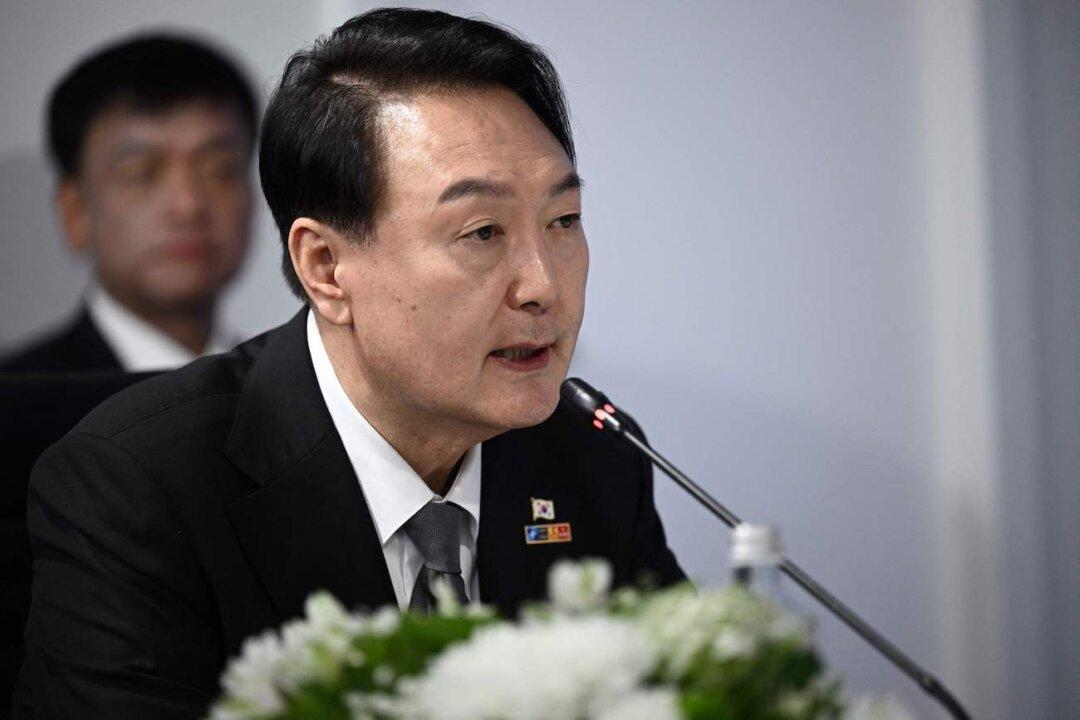South Korea has been actively pursuing talks with some nations for nuclear energy projects, as its president aimed to revive the country’s nuclear energy industry and boost nuclear power’s contribution to 30 percent by 2030.
Trade, Industry, and Energy Minister Lee Chang-yang visited the Czech Republic and Poland last month to promote South Korean nuclear power plants.





